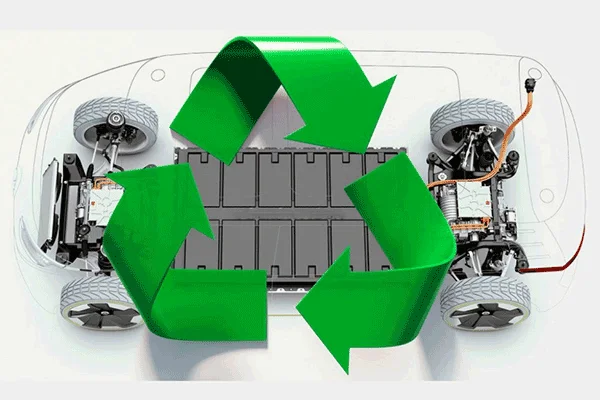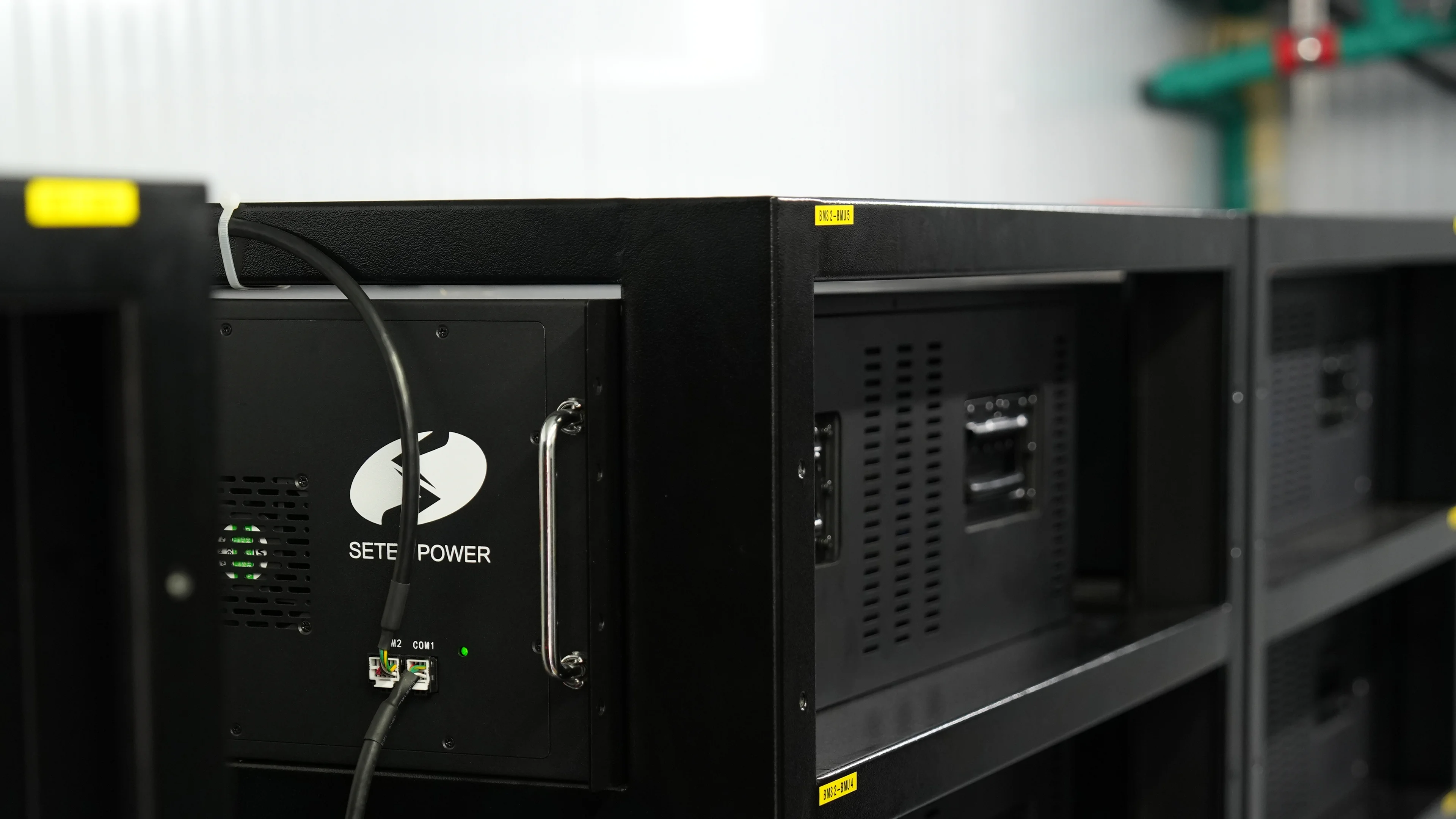Oct 26, 2023
1. Life cycle and influencing factors of electric vehicle batteries
EV battery life typically ranges from 8 to 10 years, or a range of 100,000 to 200,000 miles, depending on a variety of factors: battery type (chemistry), usage patterns (such as high-speed driving and frequent fast charging) , maintenance status, climate conditions and charging habits, etc. Understanding these factors is critical to optimizing battery usage efficiency, extending battery life, and developing recycling strategies.
2. Recycling process of electric vehicle batteries
Collection and sorting: Recycling begins with the collection of batteries from various end-of-life vehicles, recycling sites and special programmes. Subsequently, detailed classification is carried out according to battery type, chemical properties and size, laying the foundation for subsequent processing.
Disassembly and material recycling: Use a combination of mechanical and chemical methods to safely dismantle batteries, separate key components such as cathodes, anodes, and electrolytes, and further extract and refine valuable materials such as cobalt, nickel, and lithium to meet reuse standards.
Material regeneration and utilization: After refining and purifying, recycled materials can be used to manufacture new batteries or other products, forming a closed-loop recycling system. This process effectively reduces resource consumption and environmental burden.

3. Environmental significance of recycling electric vehicle batteries
Pollution prevention and control: If used batteries are not properly disposed of, they will release lead, cadmium, mercury and other harmful substances, threatening the safety of soil and water bodies. Recycling efforts effectively curb such contamination risks.
Resource conservation: The mining and refining process of raw materials for battery production consumes high energy and causes heavy pollution. Recycling significantly reduces the demand for virgin resources and protects natural resources.
Cost reduction: Using recycled materials to make batteries is more economical than mining new materials, helping to reduce battery production costs and promote the popularity of electric vehicles.
4. Challenges faced and coping strategies
Technical complexity: The battery structure is complex and the recycling process needs to be highly specialized. Technology research and development should be strengthened to improve recycling efficiency and safety.
Variability: Battery specifications are diverse and recycling standardization is difficult. A flexible recycling system needs to be established to adapt to the processing needs of different types of batteries.
Economic feasibility: Recycling costs are high and requires government policy guidance and market mechanism incentives, such as providing subsidies, tax incentives, etc., to enhance the economic attractiveness of the recycling business.
Inadequate infrastructure: As electric vehicle ownership grows, recycling demand surges. Investment needs to be increased to build a complete recycling network and infrastructure.
5. Recycling alternatives: battery reuse
In addition to direct recycling, electric vehicle batteries can also be reused in energy storage systems, short-distance transportation and refurbishment projects, further extending their life cycles and improving resource utilization efficiency.
6. Electric vehicle battery storage management
To ensure stable battery performance during storage, charging should be controlled to an appropriate level (such as 80% capacity) and stored in a cool and dry environment to avoid extreme conditions causing damage to the battery.
In summary, the recycling and reuse of electric vehicle batteries is not only a key link in achieving green transformation in the transportation sector, but also an important measure to promote global sustainable development. Through technological innovation, policy guidance and market demand drive, we are expected to build an efficient and environmentally friendly battery recycling system and contribute to the sustainable development of the electric vehicle industry.



